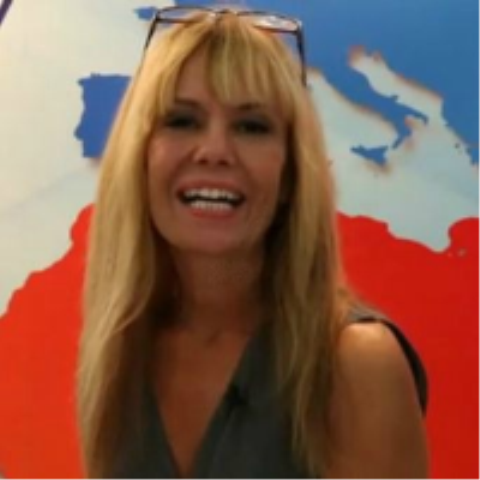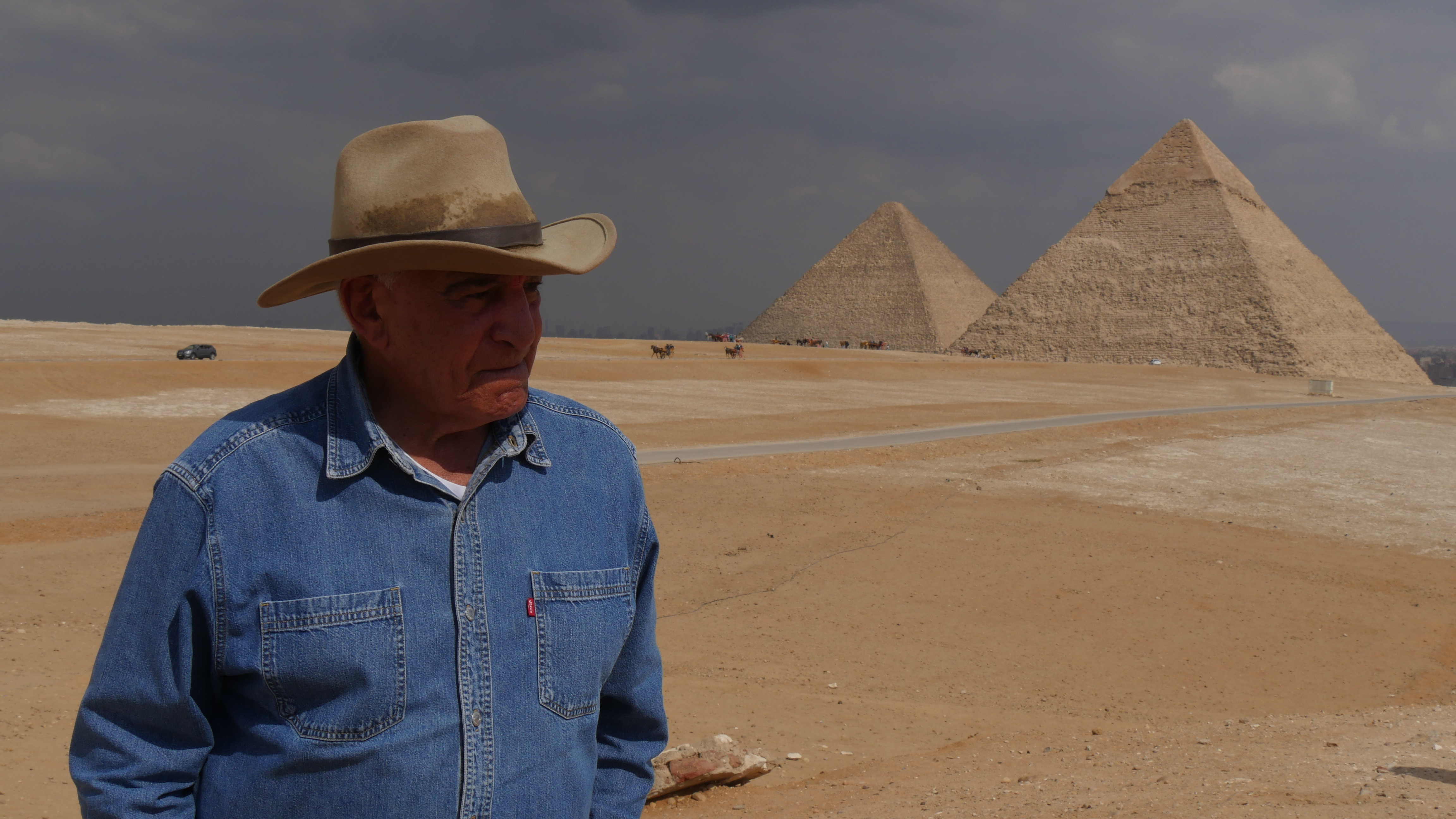e-Book Piracy Surges, Says Study

The thirst for pirated e-books may be growing. Every day people type between 1.5 and 3 million Google queries for pirated e-books, an increase of 54 percent over queries logged one year ago, according to a new study by Attribute Research.
Since the iPad became available in mid-May of this year, demand for pirated e-books has increased by 20 percent. And no wonder: iOS users expect most apps to be free. iBooks, Apple's virtual bookstore app released along with the iPad, is free. But click on a bestseller and it'll cost $10 or more. Sticker shock.
Of the 89 top-selling titles from Amazon used in the study to quantify illegal downloads, "Breaking Dawn," Stephanie Meyer's fourth installment in the Twilight series, was the most sought after title in searches for pirated e-books, just about the time it fell off of Amazon's 100 top-selling books in September.
Publishers lose US $2.8 billion each year from digital pirates, according to a previous Attribute study released earlier this year.
Along with the study, Attribute announced partnerships with Macmillan and Kensington Publishing Corp. to support its Attributor Protected Badge program, "a global campaign to drive consumer awareness about fair trade and distribution of e-books and protection of author royalties."
As the name implies, digital versions of the publishers' books will include a badge of authentication, verifying to the consumer that the e-book has not been pirated.
But will it work? Early signs are positive. Attribute says its study showed one in five consumers chose to purchase the title rather than download a pirated copy when presented with both choices.
Get the world’s most fascinating discoveries delivered straight to your inbox.
"This is why we believe consumer awareness campaigns will have the impact," Jim Pitkow, CEO of Attribute, said in a statement. "This shows you that consumer awareness is effective."
 Live Science Plus
Live Science Plus






